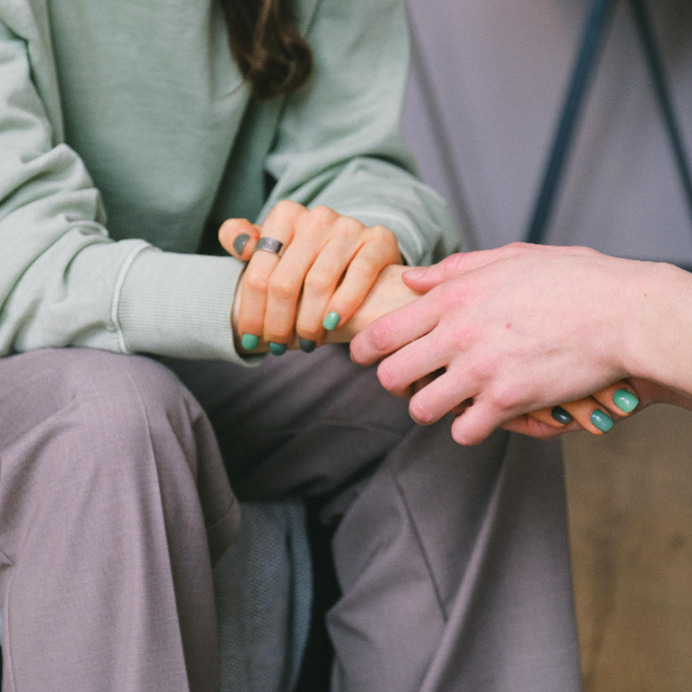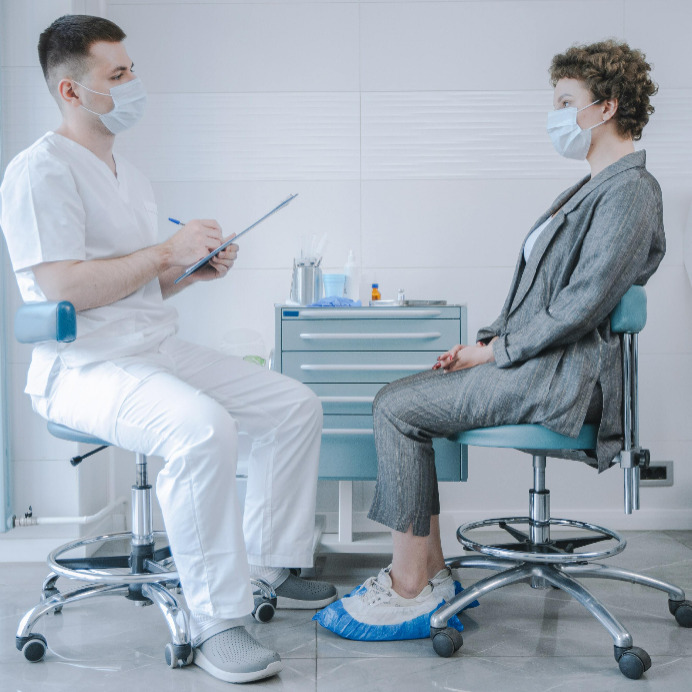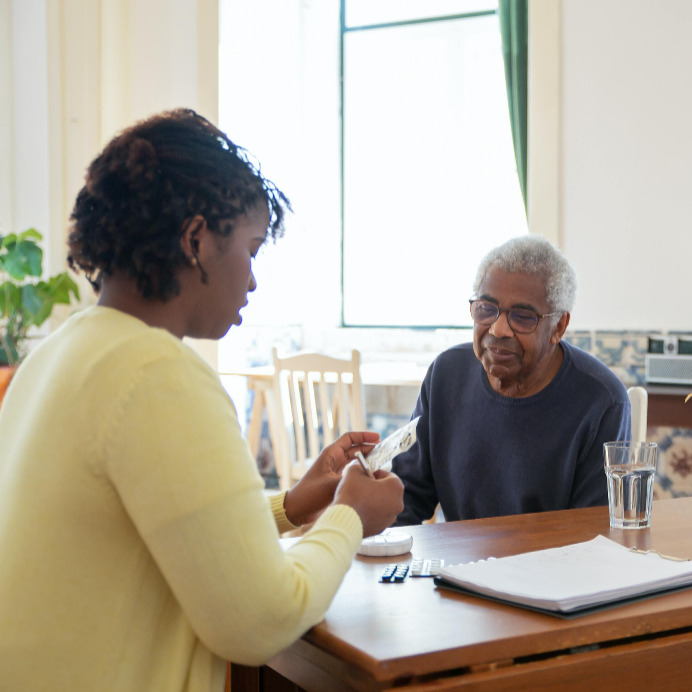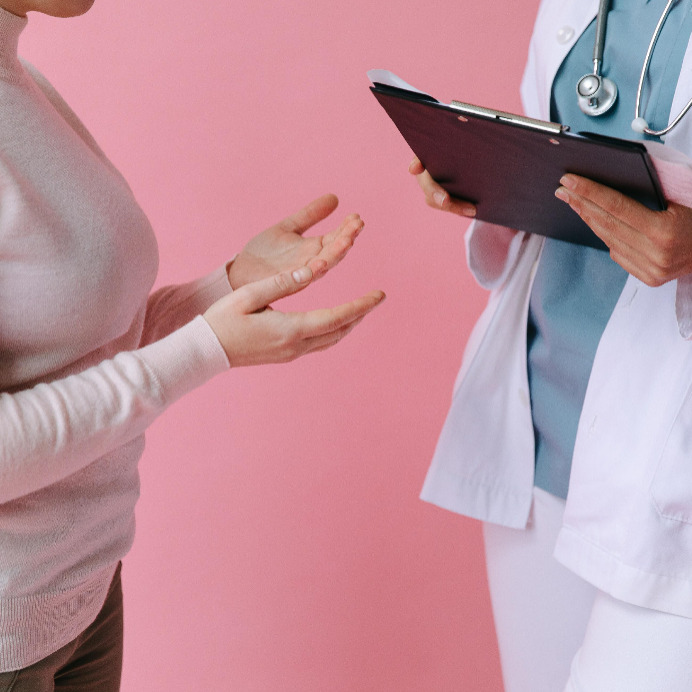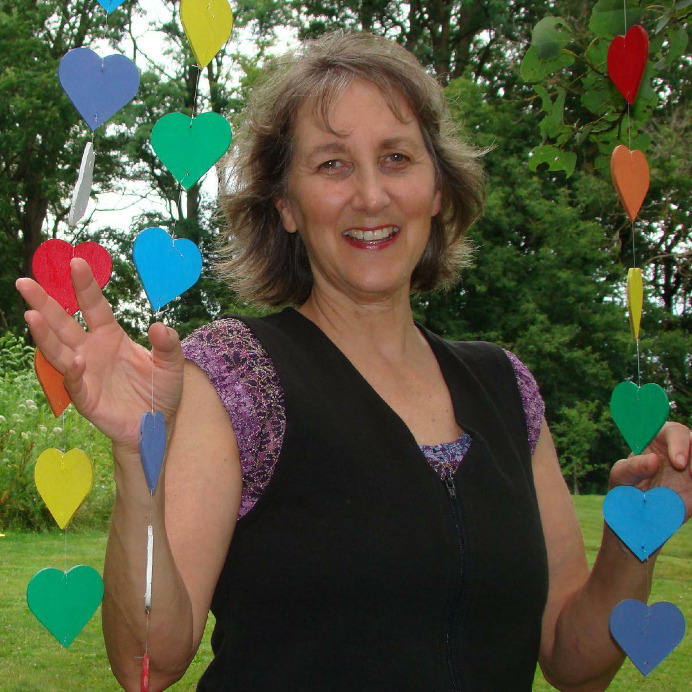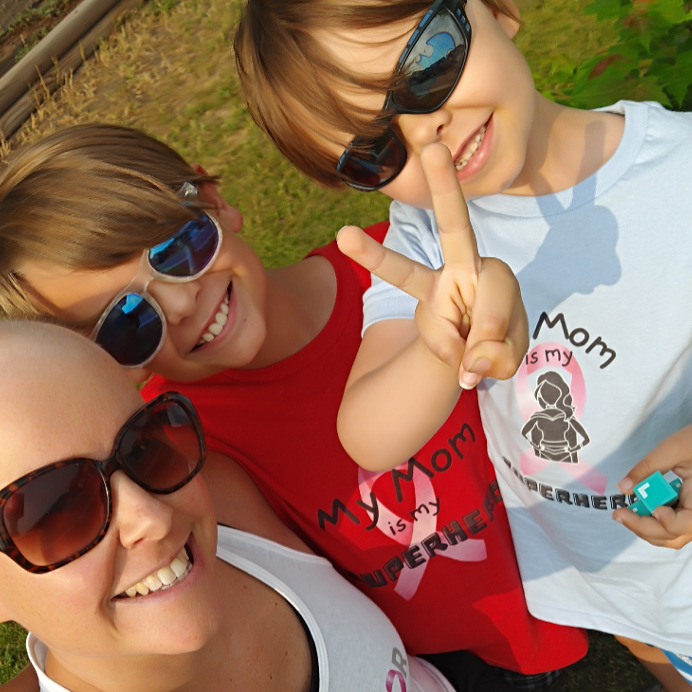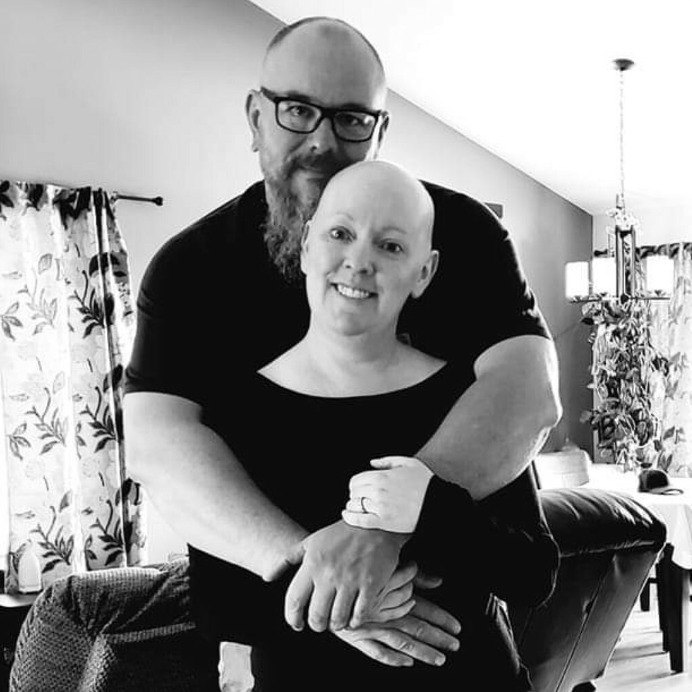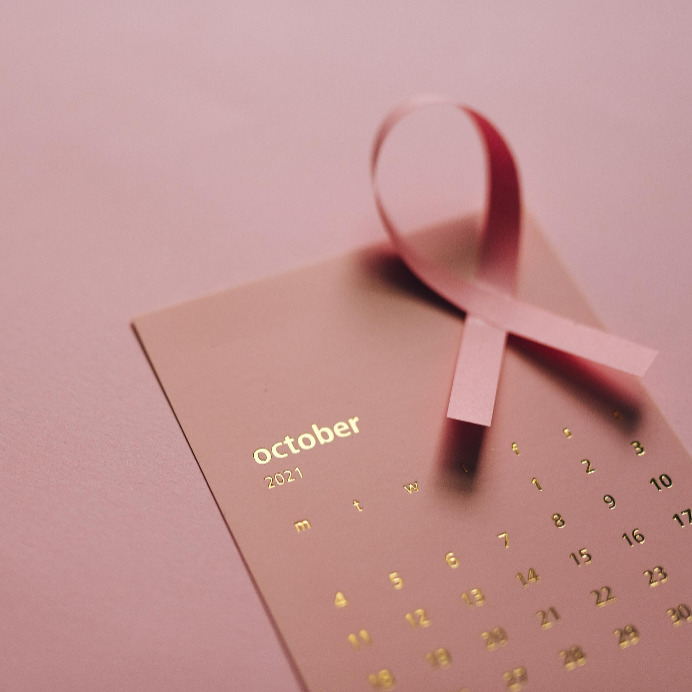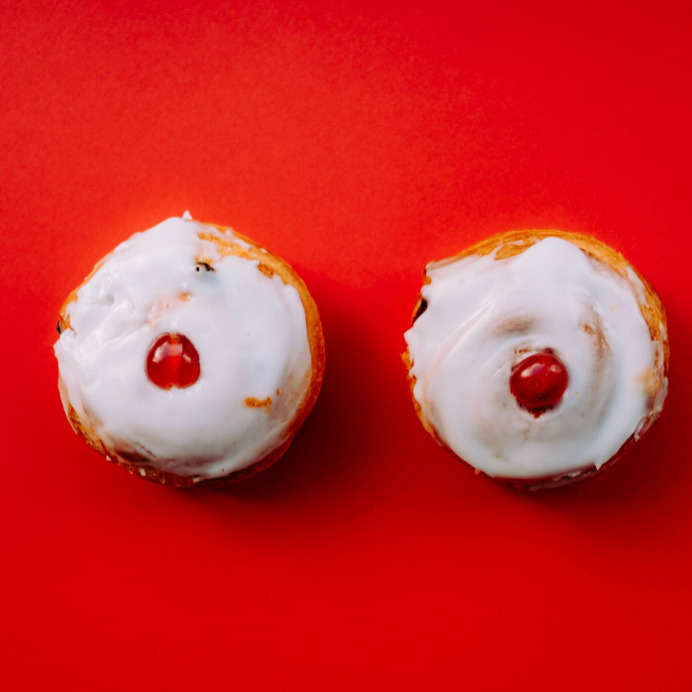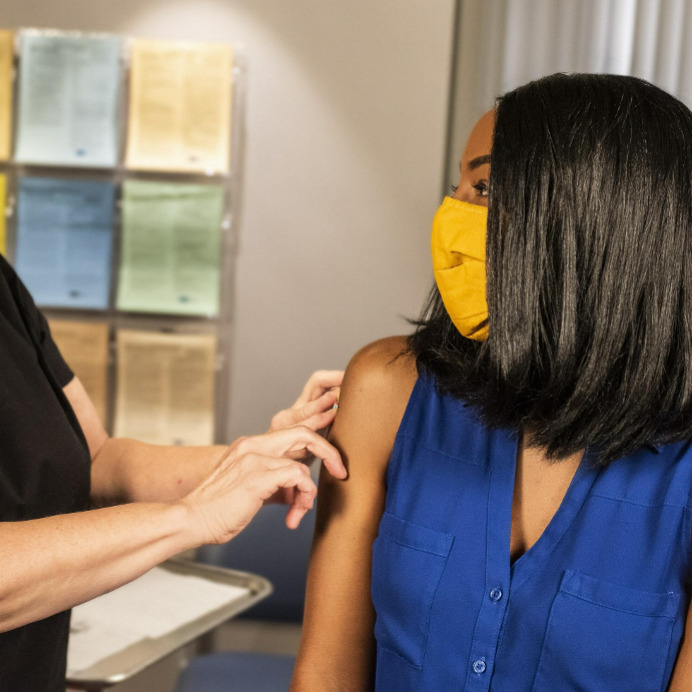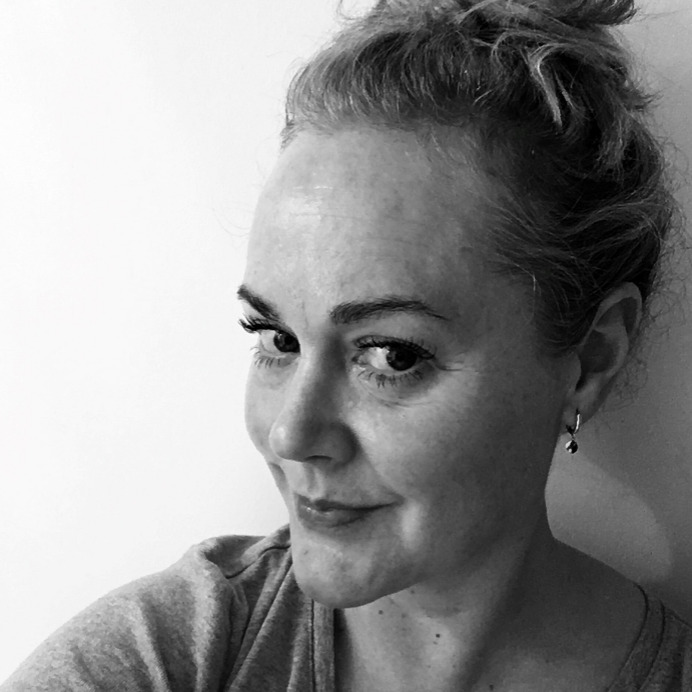By continuing to use our site, you consent to the processing of cookies, user data (location information, type and version of the OS, the type and version of the browser, the type of device and the resolution of its screen, the source of where the user came from, from which site or for what advertisement, language OS and Browser, which pages are opened and to which buttons the user presses, ip-address) for the purpose of site functioning, retargeting and statistical surveys and reviews. If you do not want your data to be processed, please leave the site.
The Voice of People With Breast Cancer
Education
Our Voices Blog
Contributor : CBCN Team
Support. How to Give it, How to Get it
I finally caught up on my television viewing and watched the Friends Reunion show and the first two episodes of And Just Like That… Through the nostalgia, out-loud belly laughs and floods of tears (there were tons of each), one thought dominated: this is what support looks like. Sure, it was just TV, but if I could feel the connection and love through my 29-inch screen, then so can other people. I’m pretty sure that’s why these shows resonate. Support is survival. I need it and you do too, especially when you’re living with cancer, overcoming it, in the healing process, in remission or even know someone going through breast cancer. Asking for what you need though can be tough. We’re hardwired to put on a brave face or listen to whatever other crap messaging we tell ourselves we need to do. And it’s never worth it. So instead of being an island, try one or all of these suggestions to give and to get the support you deserve.
COVID-19 and Breast Cancer: Patient Voices, Expert Knowledge
Our latest digital magazine COVID-19 and Breast Cancer: Patient Voices, Expert Knowledge approaches the ongoing COVID-19 pandemic from the perspective of breast cancer patients and provides credible information for breast cancer patients from healthcare professionals and experts.
Breast Cancer Treatments in Canada: Accessing Treatment and Funding for Treatments
Being diagnosed with breast cancer comes with many challenges and complications, accessing breast cancer drugs and funding for breast cancer drugs shouldn’t be one of them. Unfortunately, breast cancer patients across Canada do not always have access to the same breast cancer drugs. In the case where the same treatment is available in different provinces and territories, the funding for these drugs may not be the same across provinces and territories.
Questions and Experts Session Guide: A Medical Oncologist Answers Questions about Triple Negative Breast Cancer
A breast cancer diagnosis comes with so many questions and there never seems to be enough time at appointments to have some of these questions answered. To help address this, we developed a "Q&E: Questions and Experts" series. In this series, a variety of experts spend the entire virtual session answering pre-submitted and live questions from participants. Watching the videos on-demand might be a little difficult to get through. So, we’ve created this guide to help you get right to the questions and answers that matter the most to you.
I Screen, You Screen…But Can We Really Screen?
A little more than two months ago, I started having weird pains in my right breast. It’s a throbbing sensation that radiates from the right side of my breast all the way to my nipple and then beneath my breast. Sometimes it happens when my arm leans into my breast, other times when I move my entire arm and once in a while, from the impact of my bra resting against my breast. Touching the area with my hands only intensifies the pain and since I seem to have zero impulse control, I find myself pressing into these spots all the time to check if the pain is still there. It is.
Questions and Experts Session Guide: A Drug Access Navigator Answers Questions about Accessing Breast Cancer Drugs in Canada
In today’s post, we provide the questions that were sent in and asked during the live session of our Questions and Experts session held in October 2021. In this session, Michele MacDonald, RPhT, a Regulated Pharmacy Technician a Drug Access Navigator, answered questions about accessing breast cancer drugs in Canada. In the parentheses, you’ll find the timestamp of where to find the question in the on-demand video.
From Crisis to Opportunity
There is never a good time to get a breast cancer diagnosis. Our family was about to vacation in Australia when I got the news. Because I had been on a fitness kick in the months beforehand, I felt so healthy that I couldn’t believe anything was wrong, but it was. A grade two tumour and two affected lymph nodes meant that holiday plans had to make way for surgery.
Questions and Experts Session Guide: A Naturopathic Doctor Answers Questions about Complementary Therapies
In today’s post, we provide the questions that were sent in and asked during the live session of our Questions and Experts session held in September 2021. In this session, Dr. Dugald Seely, ND, a Naturopathic Doctor, answered questions about complementary therapies. In the parentheses, you’ll find the timestamp of where to find the question in the on-demand video.
Laughter Really is the Best Medicine
When faced with the worst moments of life, we have two choices: lie down and die or stand up and fight. This was never truer than when I received my breast cancer diagnosis. I knew I had no other choice than to fight it with a smile on my face and as much positivity as I could muster – even if I had to fake it to make it, as they say. My boys looked at me with fear in their eyes and sadness in their hearts. This would be a defining time in their lives. I was (and still am) determined to make it a teachable moment: how to face life’s adversities and how your mindset can change everything, a lesson we could all learn.
Why Advocate For Breast Cancer, Especially if You’ve Been Diagnosed
I’m writing a different type of article because October is Canadian Breast Cancer Awareness Month. This article isn’t just about me or you. It’s for all of the women who are currently or yet to be diagnosed with breast cancer. So I need to be blunt.
Just Breathe
I was diagnosed in December 2019 at the age of 47. I was healthy, happy and at the height of my career. Just as I said to my husband of 25 years “Life just can’t get any better”, our world came to a grinding halt - “you have breast cancer”.
Breast Cancer Awareness is About More Than Pink Ribbons
Breast cancer awareness is about more than pink ribbons. Yes, we said it! It’s more than telling the world that breast cancer merely exists. We all undoubtedly know that it exists, and we likely all know someone touched by breast cancer. And yet, time and again, we hear patients say, “I wish I had known.” Because there is so much about breast cancer that goes unspoken.
Virtual Exercise and Care for Individuals Living with Breast Cancer
Exercise has numerous benefits for individuals with breast cancer. These include a reduction in the severity of side effects of treatment, improved physical and mental health, and an overall sense of improved wellness. In addition, appropriate exercise is safe and plays a key part of care for lymphedema. Lymphedema is an abnormal swelling of the arms, hands, breast, or torso and generally occurs when the lymph node or lymphatic vessels are removed or damaged. Encouraging muscle movement and breathing techniques, during exercise, allows to stimulate the lymphatic system and helps improve lymph flow. Tailored exercise guidelines for cancer survivors have been developed and implemented worldwide. These guidelines recommend aiming for 20 to 60 minutes of aerobic exercise two to three times per week, along with resistance training of all major muscle groups twice a week, with an emphasis on cancer-specific considerations and safety precautions.
My Breasts Are My Boobs
It’s safe to say I think about my breasts a lot. Wait. I just wrote breasts. Not boobs, tits, coconuts, gazongas or even The Girls. Breasts. Ugh. Having breast cancer has done this to me. It’s made me think of my boobs as breasts.
Where the Federal Parties Stand on Health-Related Issues
On August 15th, 2021, Prime Minister Justin Trudeau, leader of the Liberal Party called for a federal election. While there are a many of items and issues to look out for from each parties’ platform, we have dedicated this post to the key takeaways from each party regarding health, healthcare, employment insurance etc. Although this is not an exhaustive list on all the points raised by the parties regarding health and healthcare, we wanted to provide you with a starting point of navigating the 2021 elections as it relates to breast cancer patients.
Research Findings on Breast Cancer and the COVID-19 Virus
Breast cancer research is critical as it provides information on the detection, prognosis, treatment, and elimination of the disease. Researchers also continuously engage in studying breast cancer to help us better understand risks associated with breast cancer as well as how breast cancer interferes with other diseases and aspects of life.
Being Diagnosed with Breast Cancer During a Pandemic
My name is Katharina and I was diagnosed with stage 2a breast cancer in March 2020 just when the pandemic was starting. I was 25 years old at the time. I had to go through testing and treatment alone without any support person by my side.
Feeling the Fear and Releasing It
Do you ever think that you have another tumour? I don’t mean a recurrence with a breast cancer lesion, but a secondary cancer. And if you do, do these dark thoughts catch you by surprise in random pockets of moments, like when you feel an ache in your shoulder, or a knotted muscle along your spine, or when you take a deep breath and experience a sharpness of pain before you fully exhale? When this happens, do you immediately think, “fuck, I have a tumour,” and then have to talk yourself down from this mental, paranoid ledge? I do.
Questions and Experts Session Guide: A Surgical Oncologist Answers Questions about Breast Cancer Surgery
In today’s post, we provide the questions that were sent in and asked during the live session of our Questions and Experts session held in May 2021. In this session, Dr. Mark Basik, MD, FRCPC, a Medical Oncologist, answered questions about breast cancer surgery. In the parentheses, you’ll find the timestamp of where to find the question in the on-demand video.
Reading Research: 4 Things to Pay Attention to When Reading Breast Cancer Journal Articles
Breast cancer research continues to show promising results and advances in the detection and treatment of the disease. More and more, work is being done in this area and studies provide hope to those diagnosed and living with breast cancer. With article headings boasting about new, better, and less invasive ways to treat breast cancer, it is important to understand the actual findings of the study and not get caught up in exciting headlines and summaries. In other cases, you may come across the results of a study from a news article or elsewhere online.

